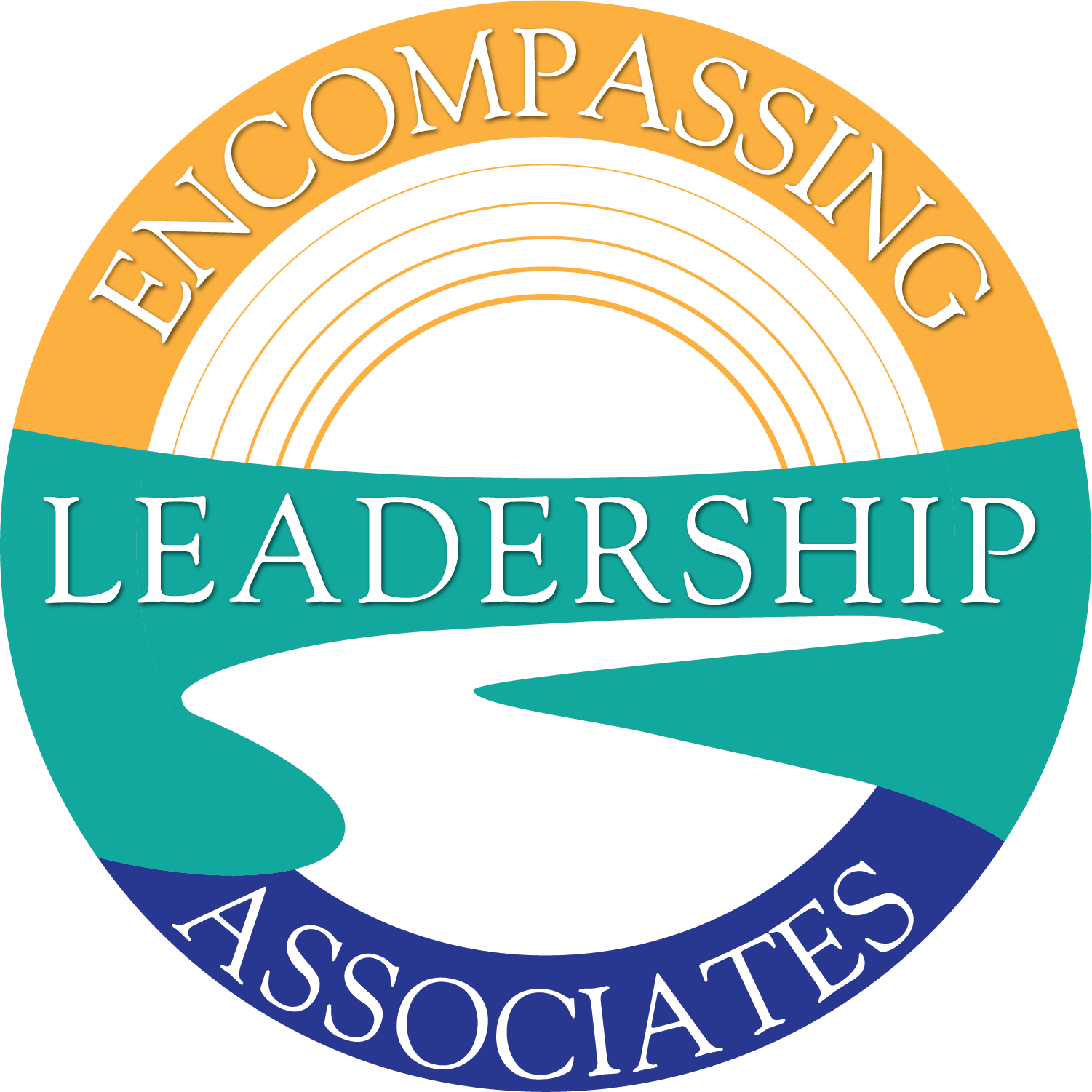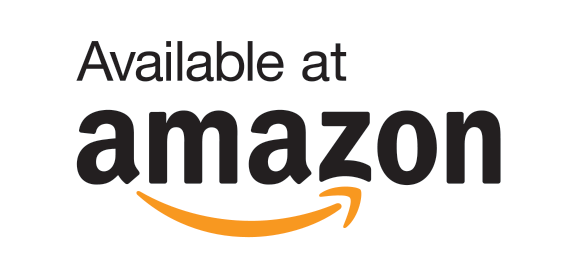New Leader Syndrome
Chuck Powell • March 20, 2020

Years ago, I was promoted to a sensitive leadership position over several senior people. My promotion was due to strong technical expertise and initiative. My eagerness to succeed in my new role and my desire to fix all that seemed wrong led to crucial missteps. My initial aims were for others to meet and adhere to my standards which resulted in making everyone miserable and creating alienation. Fortunately, I had a friend who had no reservations in portraying the inadequacies of my style and a leader (the one who championed my promotion) who gave me valuable advice that altered and immensely improved my leadership approach.
I was suffering from what I have come to term New Leader Syndrome (NLS). I still occasionally lapse into NLS. And I have witnessed many others – my leaders, my peers, my direct reports, and my clients – fall into the NLS trap. Numerous times I have watched those afflicted by NLS crash spectacularly or fade into oblivion (those around them suffer as well). Let me be clear, the term New Leader does not necessarily mean that the individual has never led before. It means that they are new to that particular leadership position. There are other preconditions for NLS as well:
- First, the new leader has been successful in prior positions, but that does not mean that success may readily transfer to the next setting. Across industries, people are often promoted due to their technical, not leadership, expertise.
- The new leader might also be hyped as a savior, albeit untested in the current arena. This perception of invincibility means they are often left to sink or swim.
- With NLS, we bring a rigid template and a surety to our leadership role that misperceives systemic conditions, undervalues input, and employs misplaced solutions that fall short in meaning and sustainability. There are significant cultural nuances that new leaders, in their impatience, miss or choose to ignore. Instead of getting the lay of the land, we say, “I got this!”
How do we prevent or recover from NLS? Engage in self-awareness. Avoid the assumption that you know the answers. Even if you do, there exists an ongoing opportunity to develop partnerships and refine your ideas. Slow down, question what other presumptions are in play. We can then turn outward. What do we need to find out? Who do we ask? How do we obtain critical input and secure buy in? How can we learn about people and their work? How do we go about developing organizational savvy?
Don’t take yourself and your team out early as a result of NLS. Our greatest strength is in the whole pack, not the lone wolf. Rather than being another new leader, provide new leadership
that engages others, listens and considers, sees and fosters relationships, and evolves with emerging change.
Articles from Encompassing Leadership Associates

Individually and collectively we emerge from a time of sorrow, ingenuity, and adaptation. Referred to as a once in a 100-year event, a view the 1918-1919 influenza pandemic supports. A deep systemic circumstance highlighted by global illness, economic downturn, inequity, and division. New interrelated aspects continue in pent-up demand, inflation, and labor shortages. Unfortunately, polarization cements us into fixed positions of thinking. During such a difficult time, I wanted to see if something of value could be learned. I decided to seek out others, hear their stories, how they were adjusting, and get their viewpoints on long-term ramifications. Through phone and virtual interviews with dozens of people, I was fortunate to talk with individuals in healthcare, education, financial, charitable, religious, manufacturing, and military settings. I also incorporated related articles and webcasts. Distinct schools of thought quickly became evident. Many wanted to go back to the way things were, the status quo, the good old days. Others felt that we’re in the midst of major change regarding how we view and live life; a tipping point that requires us blow up and cast away certain views and methodologies. A third group saw a hybrid of reinstituted and altered practices. Some feel the longer the pandemic the more significant and hardwired change will be. Below are additional themes: How we approach change offers us more opportunities, fewer barriers. Recognize that change is constant, part of life, organic. It is cyclical, involves highs and lows. If we come with openness, a desire to learn, grace, change can serve as a school for learning. Upcoming challenges are fields of practice where we can apply our insights, where we can draw on the fortitude that comes from engaging, failing, persevering, and overcoming. Courageousness stands out. Bravery emerges again and again, from varying levels, in numerous settings. All in a time of sickness and economic uncertainty. Frontline workers who show up every day to meet customer needs. Families manage complex residences of work, school, and caregiving. Teachers work in hybrid environments where physical and mental safety is at risk. Leaders/business owners personally sacrifice so others retain their jobs. A selflessness stands out that can be extended past the pandemic, utilized in countless future environments. Our communication has been transformed. While many of us have been somewhat drained from the constant virtual nature of interaction, it offers significant advantages. Imagine Coronavirus taking place 10, 20 years before. The isolation would have been less tolerable and deadlier. Many would have been unable to work. Mental strain would have been incalculable. Currently, the technology is in place to support much of our efforts. These platforms give expanded voice to many who were previously not considered, the unheard. Repeatedly, I hear the need for transparent dialogue; now we have additional vehicles for shared awareness. Before Covid, we required accessible, responsive, and genuinely engaged leaders; an obligation that has only strengthened. Finally, there is a systemic aspect to what we have undergone and what we continue to experience. Put another way, events and lives are interrelated. The pandemic highlighted disparities in healthcare and income. It drove changes in medicine, education, real estate, leadership, and the majority of workplaces. Some of these transitions are irreversible. At the least, they will continue in some fashion. More people will work from home, learn remotely, visit doctors online, have food and entertainment brought to them. We face additional change. People are making hard choices about returning to the workplace. Services and supplies are in great demand. Remember, change is cyclical. Yet, there are constants we can draw upon for assistance. Think differently, think globally. Partner. Employ creativity. Consider the greater good. Stay in tune with accelerating technology. Make use of virtual connections. We have undergone an extraordinary time. As with any meaningful experience, there’s an accumulating impact to all participants. There is the event and our responses to the event. What will we do with the knowledge gained? Can we reframe challenge to opportunity? We must remember and mourn as demanded and needed. Change is a sliding continuum requiring reflection, celebration, and learning. Let’s utilize our newfound learning and strength to achieve meaningful endeavors. Prepare for other cataclysmic events, whether harmful or beneficial. By acclimating to change, we enhance and ensure biological and organizational life.




